Countries have long realized the importance of students developing skills for the 21st century. Skills such as critical thinking, collaboration, and problem solving are increasingly identified as important learning goals. To support teaching and learning these skills, assessment is key–and this is one of the main challenges that education systems around the world currently face. Approaches to measurement of 21st century skills are now starting to emerge in the education space, but there is still a long way to go when it comes to practical implementation in the classroom. To tackle this challenge, the Optimizing Assessment for All (OAA) project hosted its second regional workshop from October 8 to 12, 2018 in Ulaanbaatar, Mongolia.
The OAA International Team, joined by colleagues from our partner organization the United Nations Educational, Scientific and Cultural Organization Network on Education Quality Monitoring in the Asia-Pacific (UNESCO NEQMAP), gathered to focus on developing exemplar assessment tasks that capture 21st century skills in the classroom. The workshop was organized into two main parts: 1) the National Technical Teams—with support from the OAA core team— created concepts for assessment task; and 2) classroom teachers from Mongolia undertook an independent review process and provided localization inputs for the developed tasks—in the same way that Cambodian and Nepali teacher teams will be doing over the next few weeks.
Insights and learnings from the development session
Developing effective assessment tools have always been a challenge at all levels of education—from the classroom all the way to national systems level. This challenge is magnified when the target skills are new, such as developing assessments for 21st century skills. The hands-on session during this workshop allowed the participants to tackle this issue directly.
“In large scale assessments, we mainly focus on content knowledge. We have not thought about 21st century skills until now, but we have to start.”
The principle that students learn best by doing is exemplified by the very approach that the workshop has implemented.
“Collaboration is happening among us in this workshop as we discuss developing tasks that assess collaboration.”
Because the teams are developing assessments to be used in all three participating countries, it was essential that they collaborate on creating concepts and designing tasks.
“We learned a lot about different perspectives, cultures, and contexts because we have to understand how other countries develop and use assessments. Consensus is very important.”
As a break from the intensity of the task development session and to provide a broader contextual perspective before the independent review session, the Mongolia National Technical Team arranged for school visits mid-week. The national teams, partners, and colleagues visited two schools in Ulaanbaatar to observe primary and lower secondary classrooms. These schools also participate in the OAA project, which made it particularly interesting for the teams to observe. In total, four schools in each country are engaging in the OAA work through teachers’ involvement in task design and students’ completing draft tasks and providing feedback prior to larger-scale pilots.
Teacher contributions
Participating teachers from the four schools in Mongolia provided invaluable comments and suggestions in their independent review of draft assessment tasks. They conducted a comprehensive review of the tasks, taking into consideration their national curriculum, classroom environment, and teaching approaches. The teachers then collaborated with the national teams to revise the tasks.
Not only were teacher contributions very important for the National Technical Teams in their development of assessment tasks, teachers themselves learned a great deal. They started to understand approaches to assessment of 21st century skills, and how they have implications for teaching.
“We were thinking: how do we teach these skills? We had to think a lot—how do we improve our method to teach these skills?”
An unexpected outcome was the value of the workshop for the translators, who were sourced from the Mongolian National University of Education in Ulaanbaatar where some of the work sessions were held. One translator commented, “We were only supposed to translate, but as university teachers ourselves, we found many things that we can adopt in our own teaching.”
Working together with partners and stakeholders
The inputs from the national teams and the teacher participants complemented perspectives from our UNESCO NEQMAP partners. They have been extensively involved in regional work across the Asia-Pacific focusing on “transversal competencies,” which is a broad term that includes 21st century skills, as well as other “soft skills” such as citizenship and social-emotional skills.
“This workshop showed us what’s possible. Before we thought that some concepts—such as 21st century skills, or “soft skills”—were just too hard to measure. But we have seen here an approach that can work.”
As a major convening body in the region, UNESCO sees OAA as an important initiative in building capacity in assessment of 21st century skills. OAA’s bottom-up approach is complementary to the systems-level approach of UNESCO. Similarly, OAA’s focus on both cognitive and social skills is aligned with UNESCO’s interest in the United Nations Sustainable Development Goal 4 on education, and particularly complementary to goal 4.7 on education for sustainability and global citizenship.
For more information on the first OAA workshop, please see here.
The Brookings Institution is committed to quality, independence, and impact.
We are supported by a diverse array of funders. In line with our values and policies, each Brookings publication represents the sole views of its author(s).

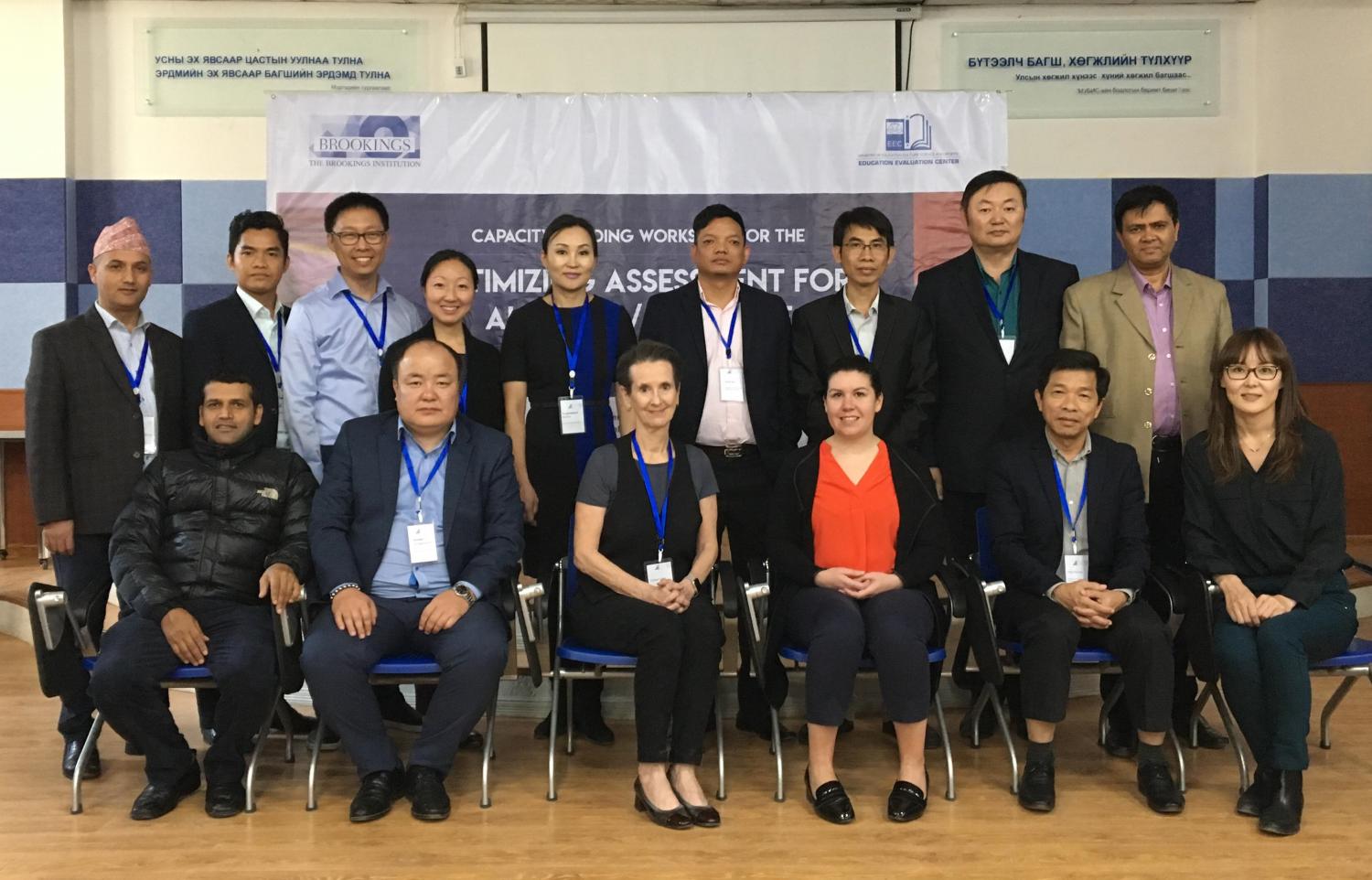
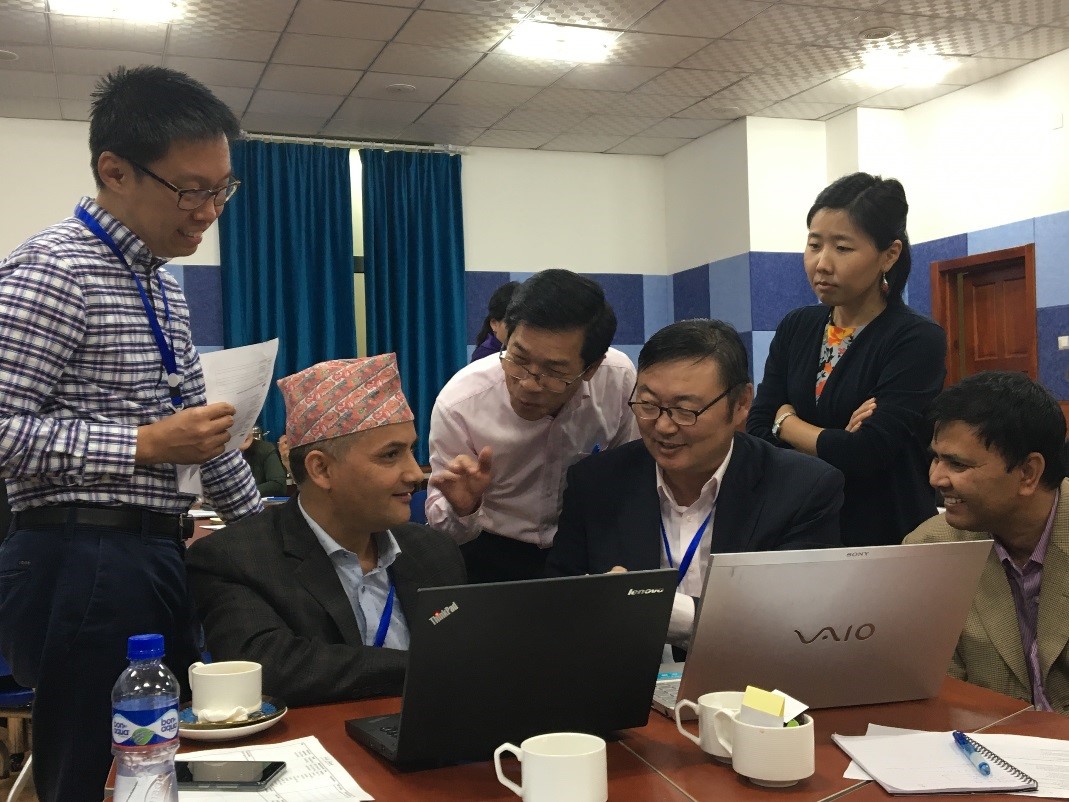
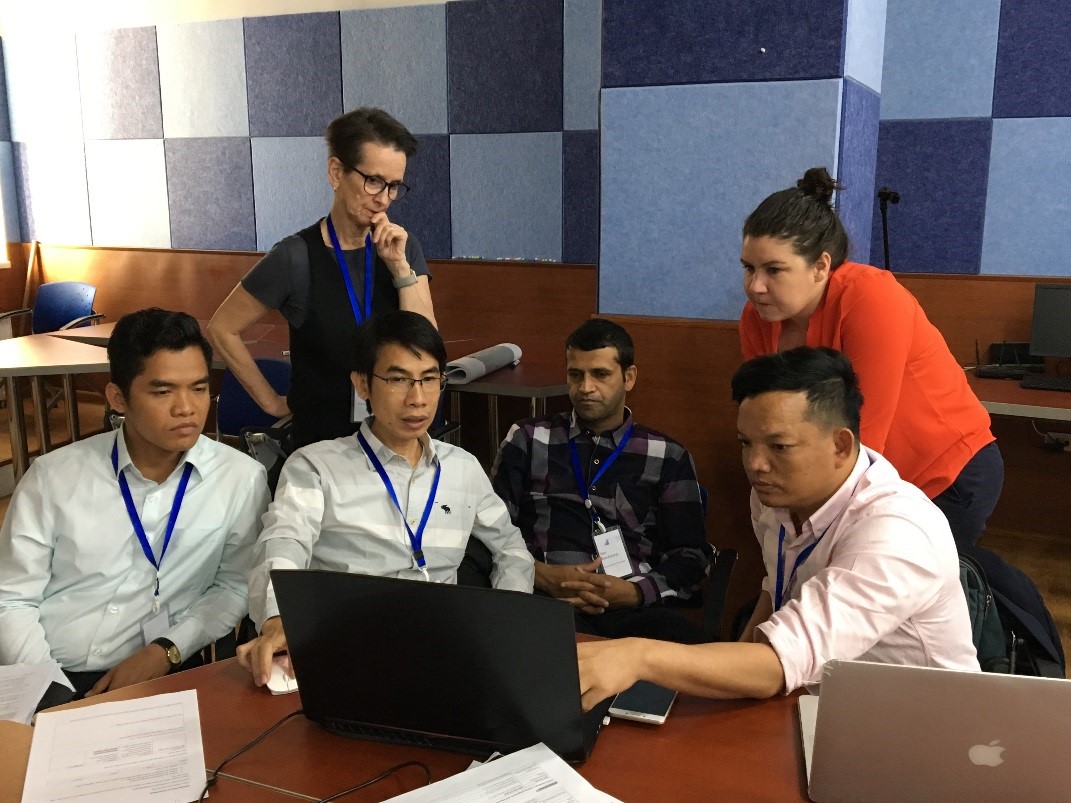
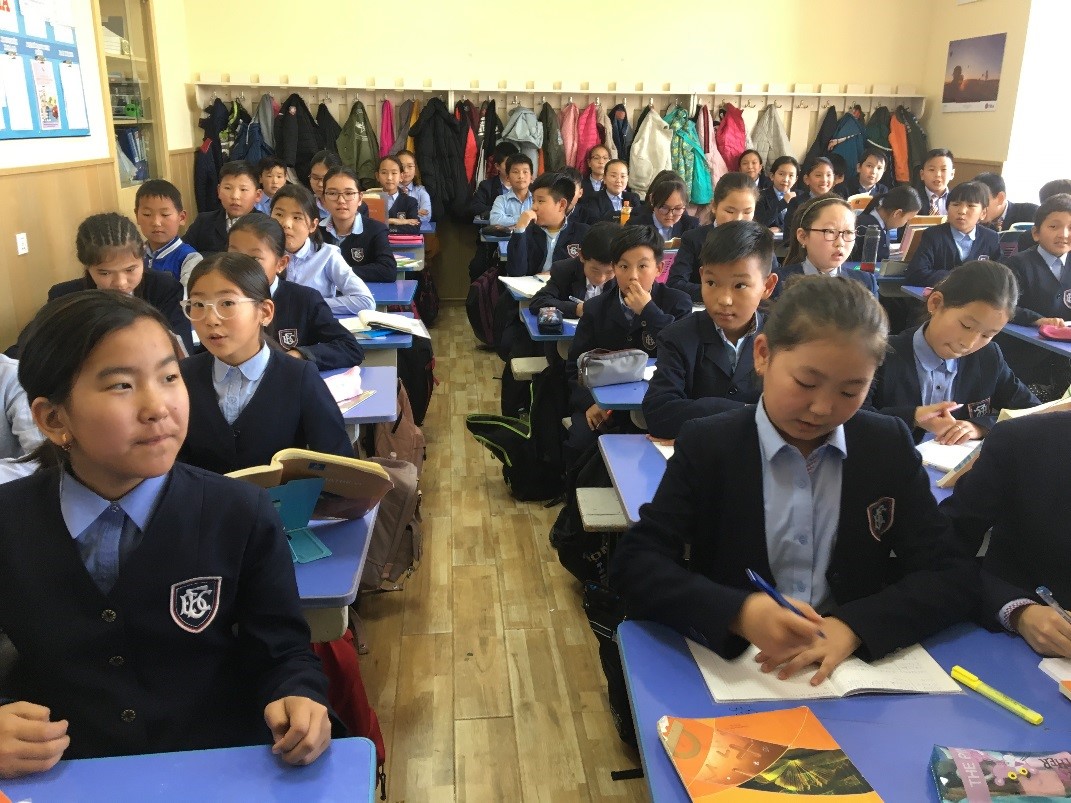
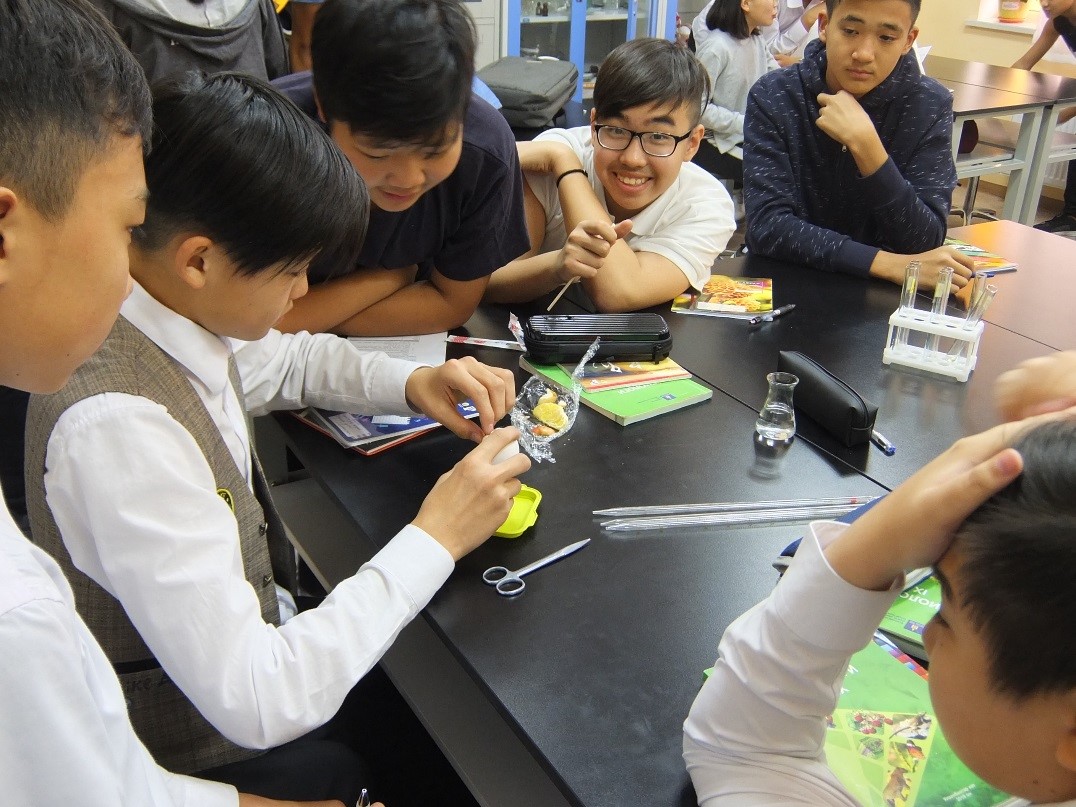
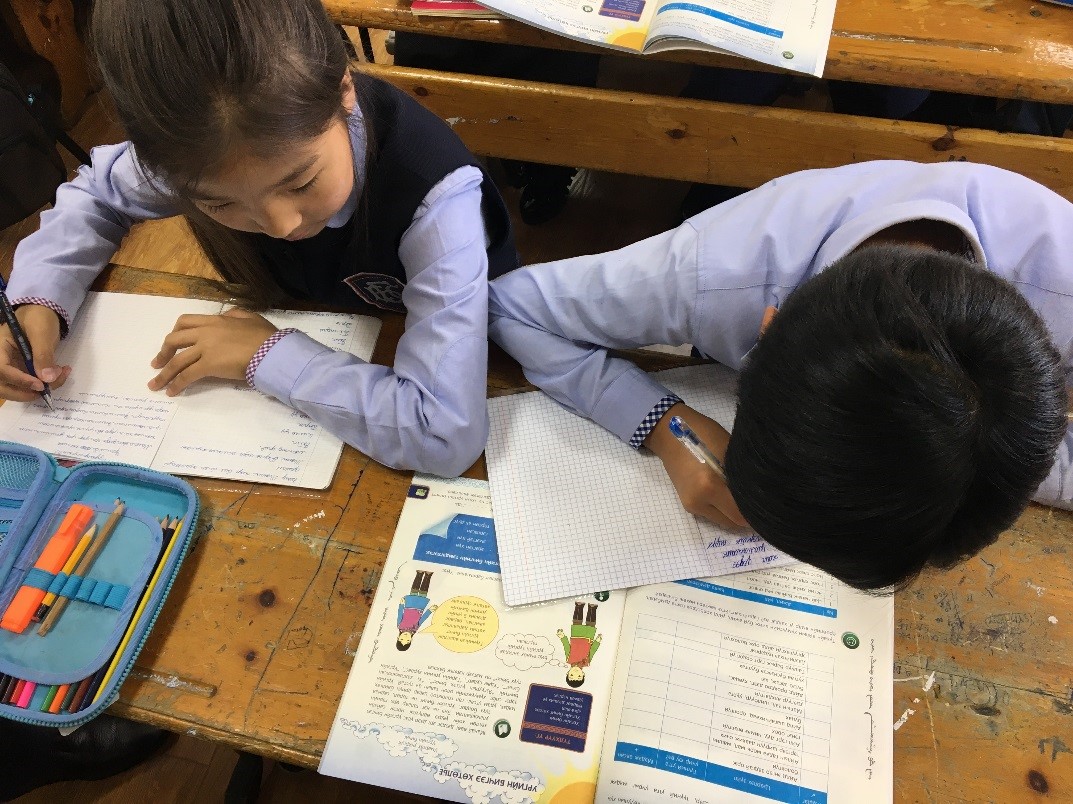
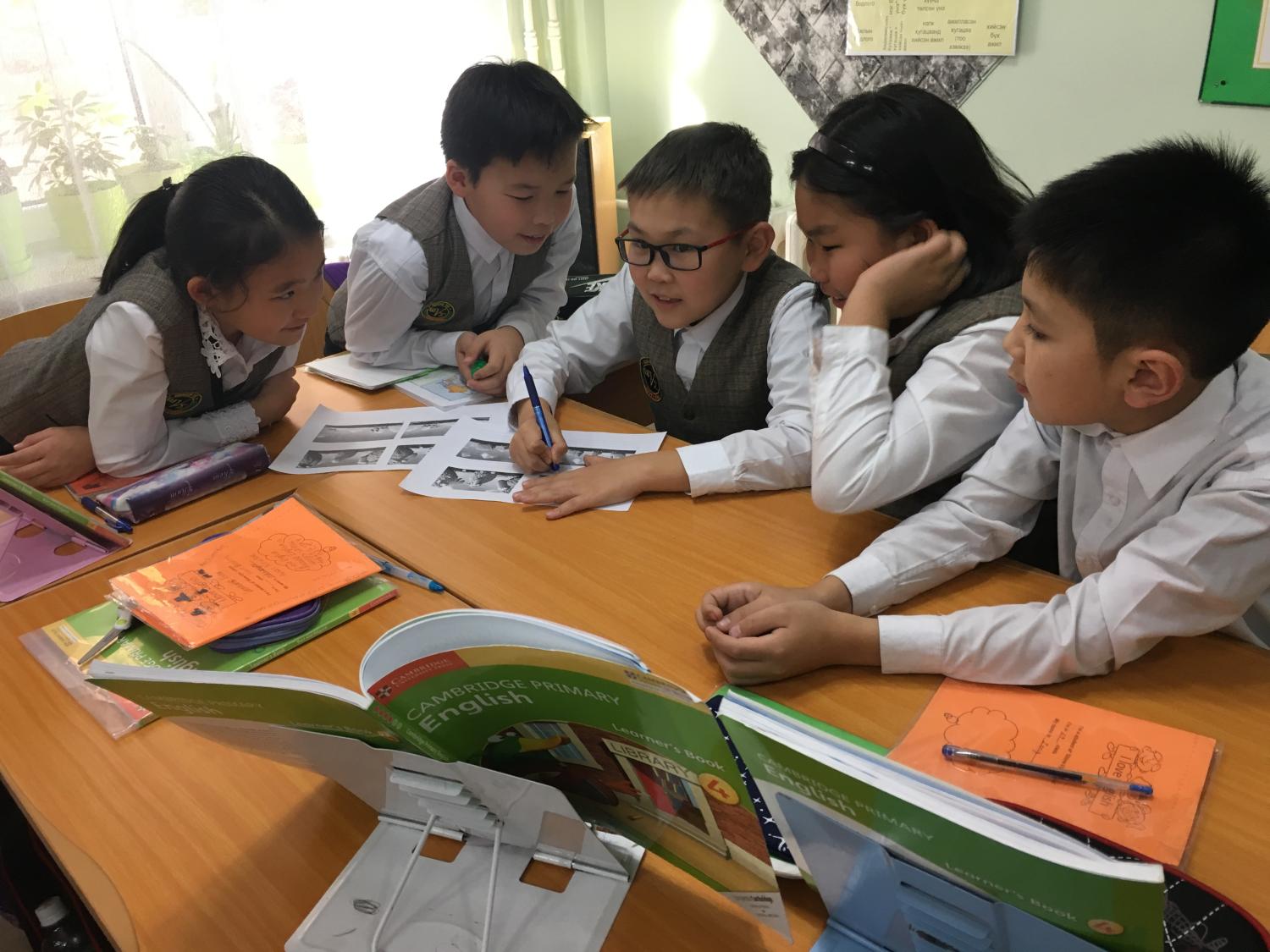
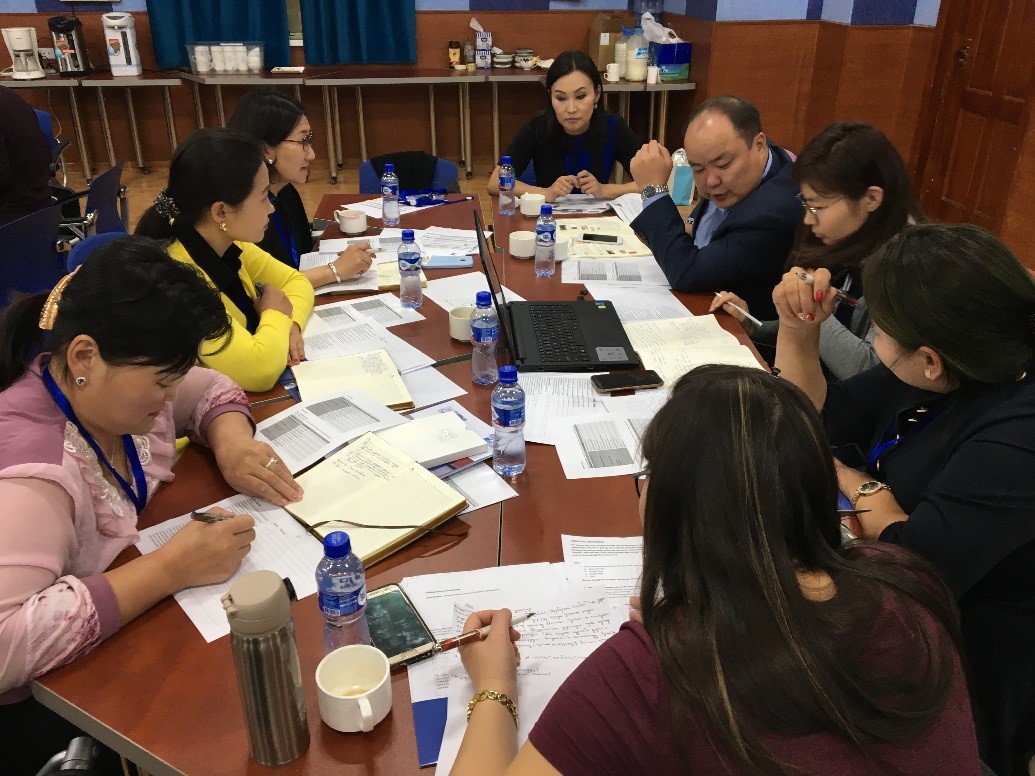
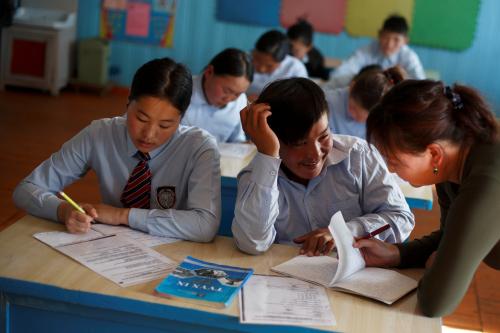
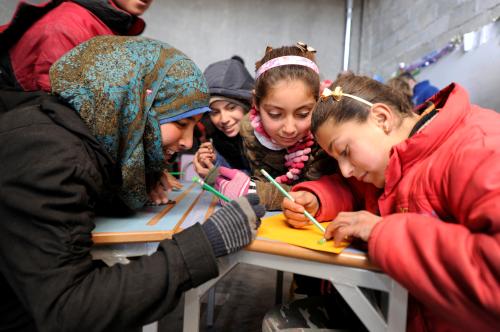
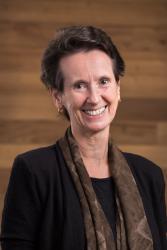
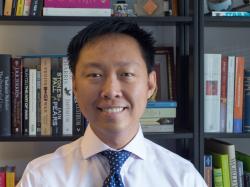
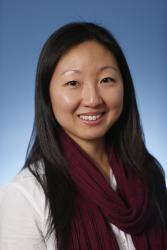
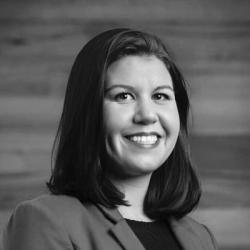


Commentary
Collaborative capacity building in 21st century skills assessment: Reflections from Mongolia
October 19, 2018